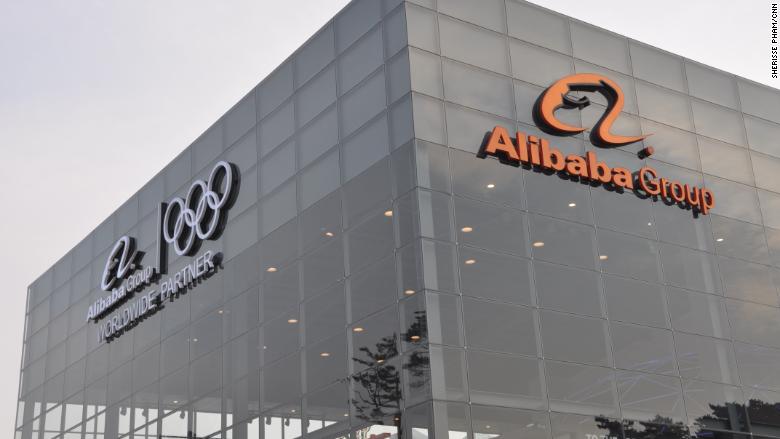Alibaba Bets Big On Local Delivery in a $9.5 Billion Deal

Alibaba Group Holding (baba) is buying full control of the startup Ele.me as it steps up efforts to expand in China’s fast-growing market for local delivery of food and other services.
The deal implies an enterprise valuation of $ 9.5 billion for Ele.me, Alibaba said in a statement Monday, without saying how much it’s paying. Alibaba and affiliate Ant Small and Micro Financial Services Group already owned about 43% of the startup. Alibaba paid all cash in the deal and has acquired all the shares formerly held by Baidu (bidu), according to a person familiar with the matter.
Ele.me — which means “hungry yet?” — operates an army of delivery people on motorbikes across the country and is vying for supremacy in the local services industry with Meituan Dianping, a startup backed by Alibaba rival Tencent Holdings (tctzf). The market is surging as people increasingly turn to their smartphones to order food, schedule beauty treatments and hire domestic helpers. It’s also strategically important for Alibaba and Tencent as a means to promote their respective payment services.
“As one of the most frequently used applications, food delivery is the single most important entry point in the local services sector,” Daniel Zhang, chief executive officer of Alibaba Group, said in an internal email to staff Monday. “We can already see that a vast, multi-dimensional local instant delivery network formed through a food delivery service will be an essential piece of the commerce infrastructure.”
Bloomberg News reported in February on Alibaba’s plans to buy out other investors in Ele.me. In a sign of the heated market, Meituan has become one of the most valuable startups in the world. The company is seeking to go public as soon as this year at a valuation of at least $ 60 billion, people familiar with the matter said last month.
The Ele.me deal is part of a broader foray by China’s largest e-commerce company into logistics and brick-and-mortar assets. Alibaba is taking over longtime delivery affiliate Cainiao and putting money into warehouses. It has also made investments in traditional retailers, including department store chain Intime Retail Group and China’s largest operator of Walmart-style hypermarkets.
“If the Ele.me distribution network is integrated with Cainiao it can become a more efficient asset and bring it to break-even quicker,” said Kirk Boodry, an analyst with New Street Research.
Baidu had ceded control of its own food-delivery unit to Ele.me last year as the startup and Meituan became the two biggest competitors in China’s online food-delivery market.
Zhang Xuhao, Ele.me’s founder, will become chairman of the company, while Wang Lei, vice president of Alibaba Group, will become chief executive officer of Ele.me, the company said.
Alibaba continues an expansion in e-commerce as it faces greater competition across Asia. Last month, the company said it would invest another $ 2 billion in Lazada Group to bolster its presence in Southeast Asia, where Amazon.com has launched in Singapore and Sea Ltd.’s Shopee is expanding to win consumers.
The Ele.me deal may cut into profit margins in the short term, but Alibaba has demonstrated a willingness to make such acquisitions for gains in the future. It acquired the video service Youku Tudou and mapping provider AutoNavi, for example.
“Whenever Alibaba have seen long-term upside they haven’t been hesitant about buying something in,” said Boodry.
